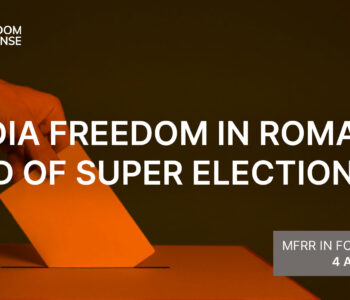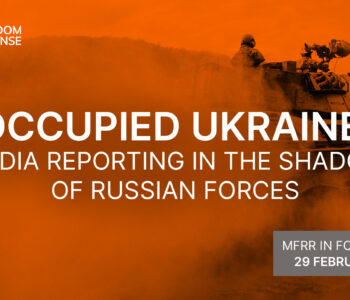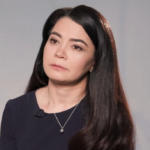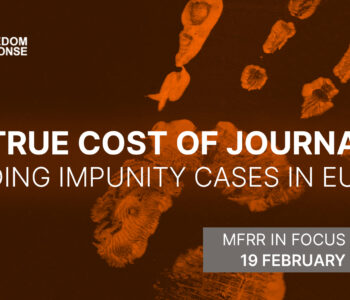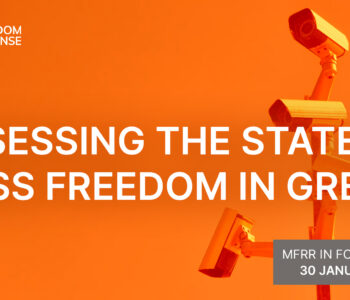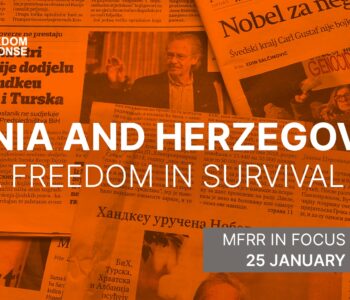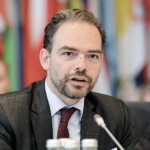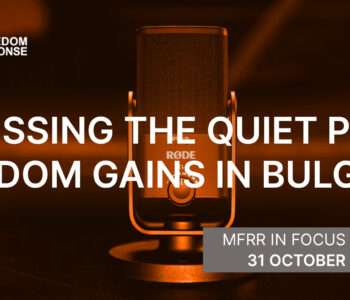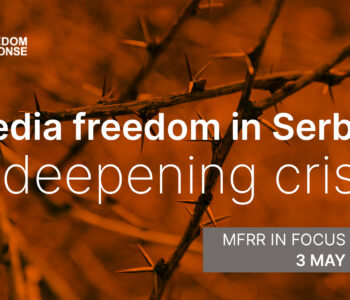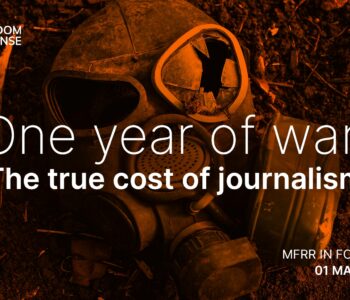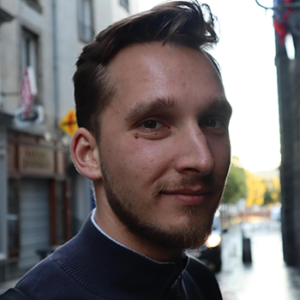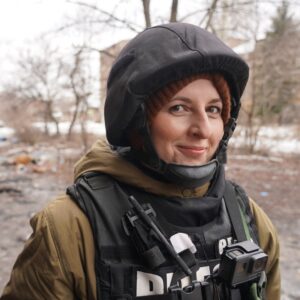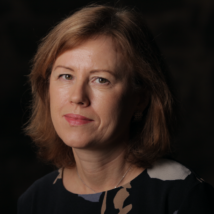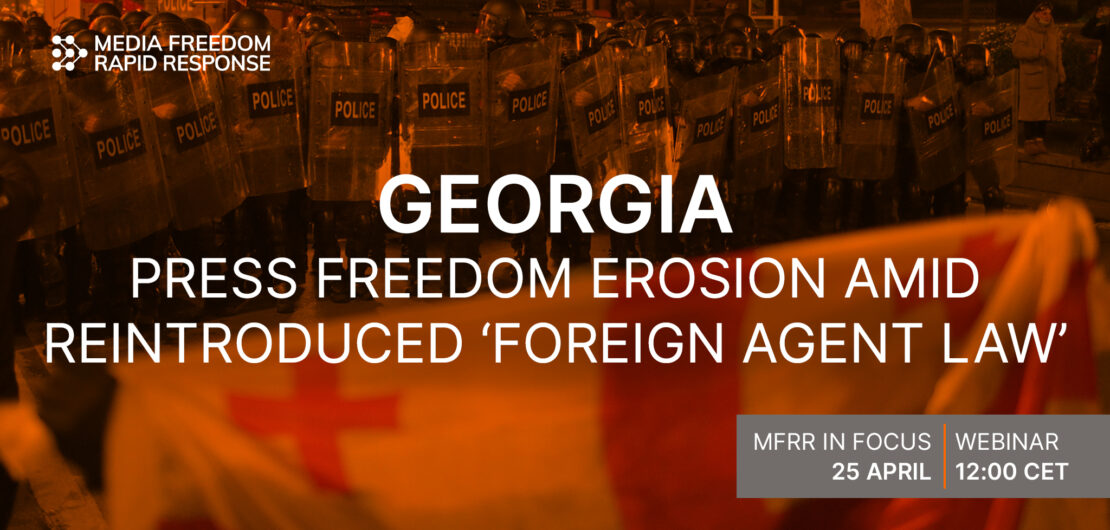
Georgia: Press Freedom Erosion amid Reintroduced ‘Foreign Agent Law’
Georgia: Press Freedom Erosion amid Reintroduced ‘Foreign Agent Law’
25 April, 12:00 CEST
On April 25, 2024, the Media Freedom Rapid Response will host a webinar addressing the recent decline in press freedom in Georgia. This decline has been exacerbated by the reintroduction of a Russia-style foreign agent law earlier this month.
The new law, titled ‘Transparency of Foreign Influence’ requires independent media and civil society organizations that receive funding from abroad to label themselves as “organizations pursuing the interests of a foreign power.”
Since then, journalists from online media were barred from the parliament when the law was being debated and on April 16, 2024, reporters from online media outlets Publika, Tabula, and Aprili were physically and verbally assaulted while reporting large scale protests against the bill.
Join us and leading Georgian journalists and press freedom advocates as we delve into the implications of the law and explore the broader state of press freedom in the country.
Moderator
Teona Sekhniashvili
Europe Network & Press Freedom Coordinator at the International Press Institute (IPI)
Speakers
Mariam Nikuradze
Co-founder and Executive Director at Open Caucasus Media
Lika Zakashvili
Co-founder and Editor-in-chief of Publika
Tamar Kintsurashvili
Executive Director of the Media Development Foundation
Mamuka Andguladze
Chairperson of the Media Advocacy Coalition
